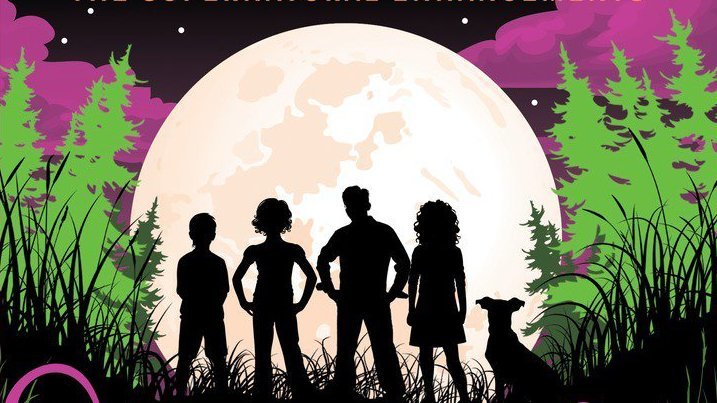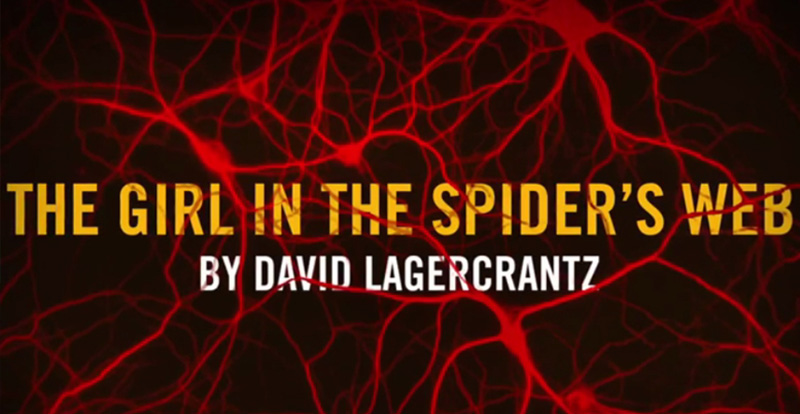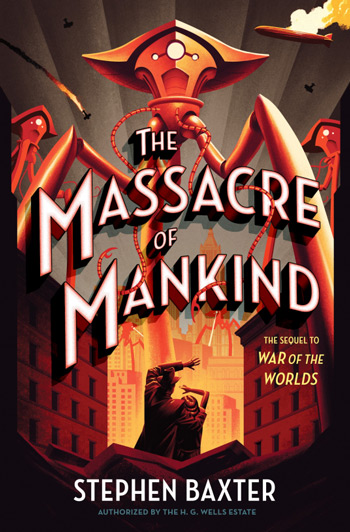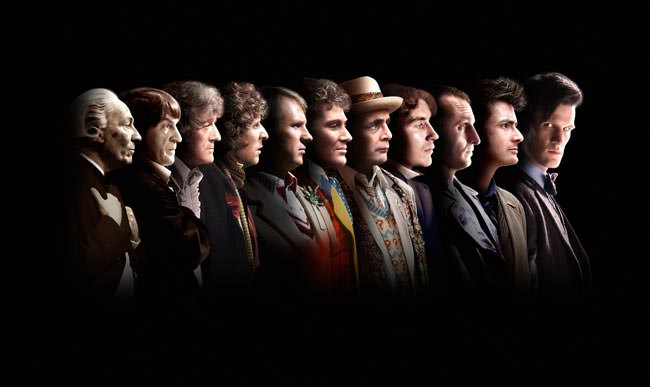From A Veterans Perspective
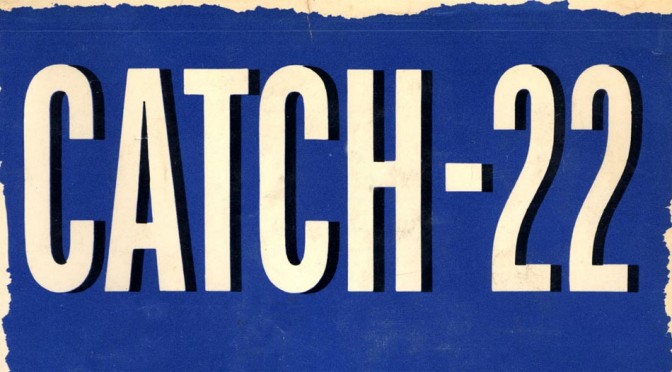
I have a new appreciation for Catch 22 after seven years in the military.
The moment I finished Catch 22, I had a mixed reaction. I was glad I finished a classic within a reasonable time, but was sad the story had ended. And when I sat down to write this review, I was dumbfounded.
How was I going to review such a revered piece of American literature? The book has been around for more than 50 years. The anniversary edition has several essays in the back about discussing Joseph Heller and the novel. These essays weren’t written by a Joe Blow either.
What could I say that hasn’t already been said about Catch 22 by some literary guru more educated than myself? Not a lot. But I did spend seven years in the U.S. Navy, five on active duty and two in the reserves and that offers a unique point of view on Catch 22.
If you’re not privy to Catch 22, here’s what’s going on. Set in World War 2, the story centers around Captain Yassarian, a bombardier in the Army Air Corps (now called the Air Force). Yassarian doesn’t want to fly over German controlled territory because he doesn’t want to die. Yassarian talks with the base doctor, hoping to be grounded. But the doctor can’t ground him based on Catch 22.
To paraphrase the catch, the doctor can ground any pilot who’s crazy. All they have to do is ask to be grounded. But, if they asked to be grounded, then it proves they’re not crazy and they have to fly more missions. The pilots would have to be crazy to fly more missions and sane if they didn’t; but if they didn’t want to fly they were sane and had to.
We know a catch 22 as something that puts us between a rock and a hard place. Damned if you do and damned if you don’t. But the paragraph above is the real Catch 22. Well, a paraphrased version, but you get the point. It’s an air-tight paradox.
The absurdity of Catch 22 doesn’t start with or end with the catch itself. Each character Heller shows us is affected by some form of the catch. The absurdity is rampant through the whole story. At moments, I could only read in disbelief someone was able to tell such a story.
It’s the absurdity of it all: War, loyalty to country, and ego. Catch 22 takes those aspects and cranks the crazy knob up to 11 and rips it off the controls. It’s the tone of the story and characters from start to finish. Having served in the military, as I mentioned above, it’s the absurdity of the military I appreciated the most.
While not in the same situation as Heller’s characters, I can tell you the military is where common sense goes to die. I’m not saying there aren’t good people in the military. It’s not where you want to be if you have more than two cents to rub together.
There are egos larger than an aircraft carrier, and they’ll do anything to get ahead. The cheats and dishonest, from my experience, always dodged any punishment. That was reserved for those with bad luck of minding their own business in the wrong place. Good fortune shined on the bad folks, while the good were made to suffer.
For me, that’s where Heller accels in Catch 22. The characters and personalities represented in the work of fiction are real. Characterized versions, sure, but they’re real people. And you’re paying them with your tax dollars. They’re a department head in the Navy or a squad leader in the Marines.
In Catch 22, Colonel Cathcart is the highest ranked self-serving asshole. He surrounded himself with the like. He raises mission numbers and comes up with dishonest schemes to get more publicity and a promotion for him. His focus is on himself, not the war going on. He has a silver tongue and uses his rank to get his way, regardless of the consequences.
Colonel Cathcart was like two senior enlisted men, both of whom I worked for, one on active duty and one in the reserves. Both clamored for praise from their contemporaries and their superiors. They took credit for other’s work and deflected all the blame when something went bad without skipping a beat. They were glory hounds, and served only themselves while serving the country.
Then there’s Milo. An officer in charge of the base’s mess hall who takes his job too serious. He makes back alley deals and supply connections, he’s able to create his own food supply company. He outsources his planes, which are owned by Uncle Sam, to both the German and American governments for air strikes on the open side. His syndicate handles bagel and bomb deliveries. His operation becomes so large, the colonels and generals look the other way when he hasn’t flown enough missions.
While I was on active duty, there was a guy in the supply department who, it seemed, always got away with anything. The similarities between “Mr. Smith” and Milo were uncanny. If it weren’t for the publication date (1961), I would have sworn the two were one in the same. Like Milo, “Mr. Smith” wheeled and dealed through dubious back channels. He was the guy to know if you wanted something bad enough.
In the last two months of freedom I had before leaving for boot camp, I watched and rewatched the first part of Full Metal Jacket. My Father, who was drafted in the early 60s, had mentioned that half of the movie was fairly accurate. So I watched to get my mind right before shipping off to Great Lakes. He also told me to keep my mouth shut and stay in the back. The tactics worked, but it didn’t cover the remaining four and a half years of active duty. Catch 22 covered that time frame. Had I read Catch, I may have reconsidered going in. I don’t regret my time in. I earned money for college and met awesome people. But dealing with the characters mentioned above and some of the absurd policies were a challenge. A challenge that waited for me at 5:30 AM every morning.
Do you have to be a veteran to appreciate this book? Not at all, but it helps connect with the story and characters. At the end of the day, I’m glad I went in and I’m glad I took the time to read a book that made me both uncomfortable and laugh out loud. Catch 22. Read it. Read it, now.

